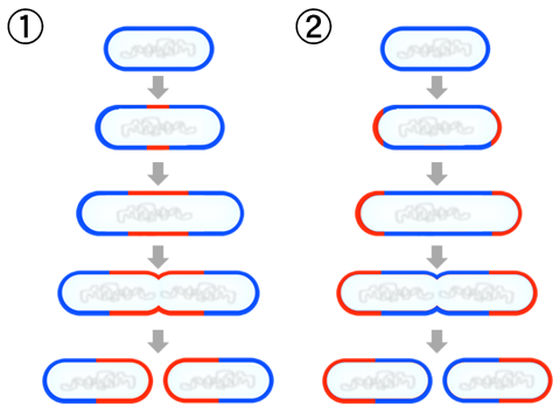A completely new type of antibiotic called `` to prevent bacteria from breaking '' is discovered

Evolution-guided discovery of antibiotics that inhibit peptidoglycan remodelling | Nature
https://www.nature.com/articles/s41586-020-1990-9
Antibiotics discovered that kill bacteria in a new way
https://phys.org/news/2020-02-antibiotics-bacteria.html
Divided into three large to antibiotics, nucleic acid synthesis inhibitors to interfere with bacterial RNA synthesis, cell wall synthesis inhibitors that interfere with the synthesis of bacterial cell walls, is protein synthesis inhibitors to inhibit bacterial protein synthesis exist You. For example, penicillin, an antibiotic first discovered by humans, inhibits bacterial growth by inhibiting the synthesis of peptidoglycan , a major component of bacterial cell walls. However, bacteria that show high resistance to penicillin by expressing an enzyme that degrades penicillin have appeared.

However, the
In order for bacteria to grow, they need to undergo repeated cell wall degradation and remodeling to grow and undergo cell division. However, the mechanism by which colbomycin and complestatin bind to peptidoglycan inhibits the action of enzymes that degrade cell walls, making bacterial cell division impossible.

by Y tambe
'In order for cells to grow, they must grow and divide. By completely blocking the breakdown of the cell wall, the bacteria are trapped in prison and the bacteria grow much more It can't be, 'said Calp.
He also reported that he had discovered colbomycin and complestatin by 'predicting a group of glycopeptides as new antibiotics from the genome sequence of bacteria.' 'This approach can be applied to other antibiotics and helps to discover new antibiotics with different mechanisms of action. In this study, we discovered entirely new antibiotics, but as with colvomycin, We expect to find antibiotics that work, 'said Calp.
Related Posts:
in Science, Posted by log1i_yk







